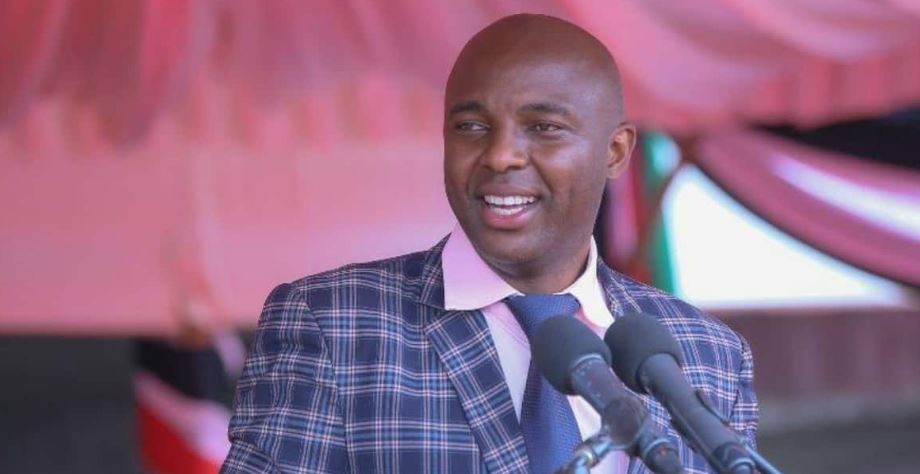
In her speech during the World’s TB Day last week in Eldoret, Health CS Susan Nakhumicha pointed out that the government has rolled out plans to implement Afya Bora Mashinani and also strengthening the capacity of the Community Health Volunteers (CHVs) who are key in promoting the access to sustainable health care at the grassroot level.
The CHVs will change from working as volunteers to Community Health Workers (CHWs) who will earn a monthly stipend.
The CS urged the members of the public to register with the NHIF so as to access the affordable health care through the Universal Health Coverage (UHC) programme that seeks to ensure every Kenyans has reliable access to sustainable health care services across the country.
“When one registers with NHIF, it caters for him and covers all family members including children,” said Nakhumicha.
She noted that the government experienced challenges when it launched the NHIF recruitment as most of the people did not have birth certificates.
She urged Uasin Gishu Governor Jonathan Chelilim to facilitate the residents to acquire birth certificates so that they are enrolled in the NHIF together with their children.
At the same time, CS Nakhumicha raised concern over individuals who allegedly exploit patients by hiking the treatment charges across various facilities noting that the Ministry of Health will not tolerate such misconduct.
“The President is trying to reduce the cost of health care but we have people who want to raise the medical fees. I will work hand in hand with the President together with the Prime Cabinet Secretary to lower the cost of health care to ensure everybody can afford it,” she noted.
In his remarks, Prime Cabinet Secretary Musalia Mudavadi said that the government is on course to look into the affairs of the CHVs in a bid to transform primary health care services in the grassroots.
“The government has taken up the issue of community health workers and how they can be motivated. We have around 90,000 thousand workers across the country. From April the government is making necessary arrangements to do the budgetary process so that these workers can also draw a stipend,” he said.
He urged healthcare service providers to consider doing prescriptions in Swahili language so that the common mwananchi may understand the instructions to take the medicine doses prescribed.
“The fastest road to curing people is to communicate first, if we really want to help our fellow Kenyans to understand what we are doing, when you prescribe medicine to that patient, do not only write take 3 tablets 2 times per day, write also meza tembe tatu mara mbili kwa siku, we can as well put that in our mother tongue languages,” he added.
The prime CS noted that the constitution recognizes two official languages, English and Kiswahili and that recently the government made a firm decision to mainstream Kiswahili into all the processes and particularly in the medical field which is essential in order to communicate with the people easily to achieve the UHC.
He regretted that the prescription is still given out in English in many medical facilities including those deeper in the villages across the communities.
He called on the partners’ collaboration to support the campaign so that medical prescriptions can go in Swahili and if necessary, in the diverse local languages of various communities across the country in order to communicate easily with the people, particularly the unlearned.
-KNA








